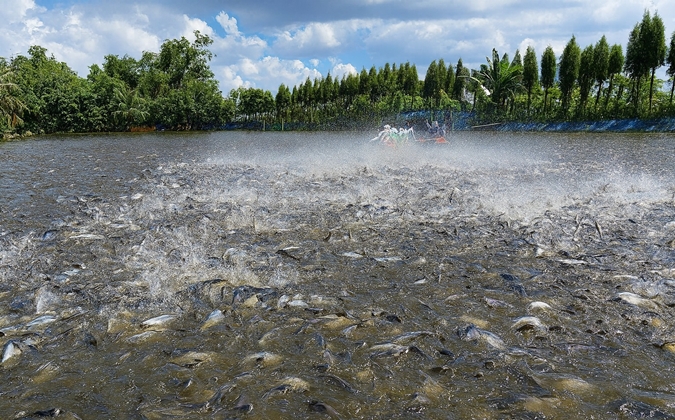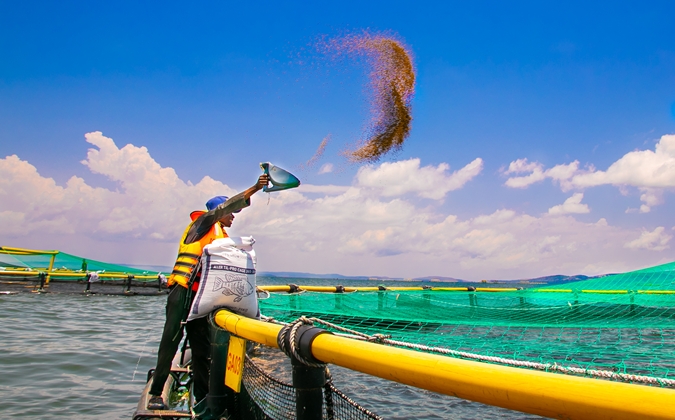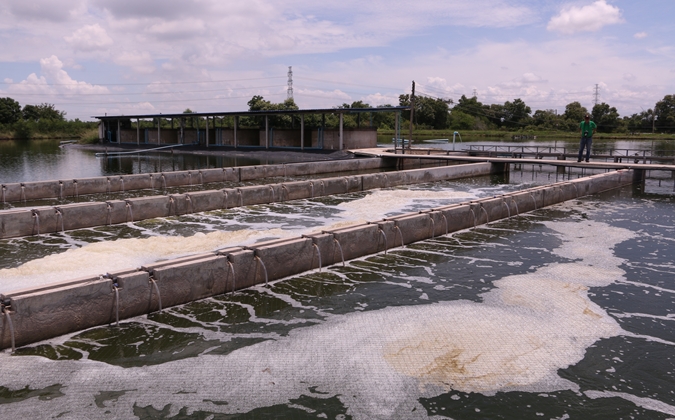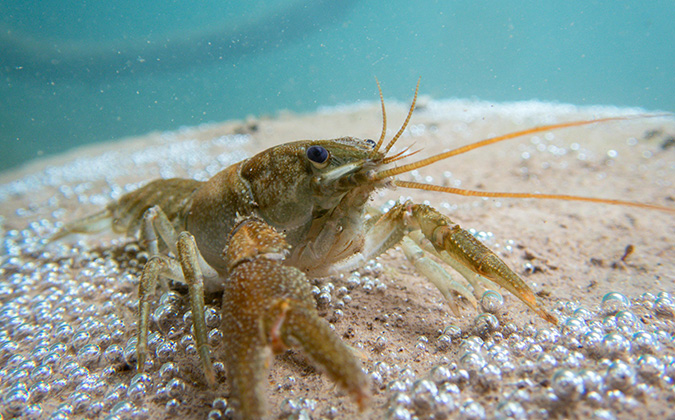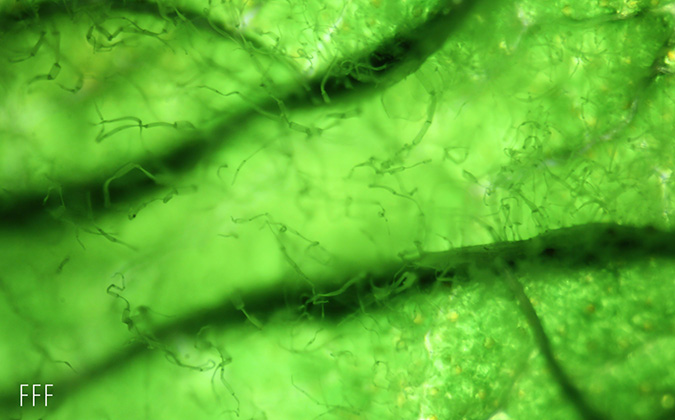
Microalgae found to boost broodstock and fry performance
Scientists have found that feeding Nile tilapia broodstock a diet including a type of microalgae can improve fertility, immunity and performance.
Custom, high-quality diets are critical to maximizing the reproductive efficiency, health and offspring performance of commercially farmed fish like tilapia. These diets can include novel ingredients, and researchers from Benha University, Egypt, explored the nutritional value of Cyclotella menegheniana, a diatom microalga often found in marine and freshwater environments.
C. menegheniana is known to have a high level of fatty acids, protein and carotenoids. These have anti-inflammatory, antibacterial and immune-stimulating properties that help promote growth, development, health and overall fish performance.
Testing ingredient impacts
In their experiment, the researchers offered three experimental diets to the tilapia broodstock alongside a control, each containing varying levels of C. menegheniana in a dried form in the following amounts:
- Control — 0g/kg
- Treatment 1 — 5g/kg
- Treatment 2 — 10g/kg
- Treatment 3 — 15g/kg
They compared the diets by measuring weights and fish size at the start and end of the experiments, as well as ovary weights. They also measured semen quality throughout the trial period.
Additionally, the team collected seeds produced by females for 60 days and used them to determine their fecundity, while also taking blood samples to determine immunological status and blood nutrient levels.
From each treatment group, they reared fry separately and monitored their growth and performance.
Algae bring all-round benefits
The results highlighted that fish fed with higher levels of the microalgae had increased gonadosomatic index (gonad mass as a proportion of total mass) and recorded significantly higher egg diameters, egg volume, sperm motility and sperm concentration compared to dietary treatments with lower levels of microalgae.
In groups fed the highest concentrations of C. menegheniana, the hemoglobin and hematocrit values of male and female broodstock increased.
Weight gain and growth rate, as well as feed conversion and protein efficiency of fry, were also raised in the groups fed the highest concentrations of C. menegheniana. The fry’s survival rate was also greatly increased.
“C. menegheniana as a feed additive stimulates the immune system and improves the blood and reproductive parameters of Nile tilapia broodstock, and it has a positive influence on the growth and feed conversion of Nile tilapia offspring,” the researchers said.
Importance of custom diets
Research into the optimum dietary requirements of broodstock is still in its infancy due to the short history of commercial aquaculture and the high costs associated with the studies. However, based on recent research and knowledge from other farmed livestock, nutrition is central to parent and offspring performance.
In many commercial situations, broodstock diets usually consist of fresh food, such as squid, cuttlefish, mussels, krill and small crustaceans, or of commercial diets combined with fresh food.
However, fresh food alone is not thought to optimize broodstock reproduction performance and is also said to be a potential risk factor for introducing pathogens through unprocessed fresh food items.
C. menegheniana, however, has been explored by scientists due to its harmless nature, correct feeding size and nutritional properties. This latest research serves to confirm that feeding the microalgae species to Nile tilapia can positively impact broodstock and fry development.
You can read the full paper in Aquaculture Reports.
Posted on: January 15, 2025


